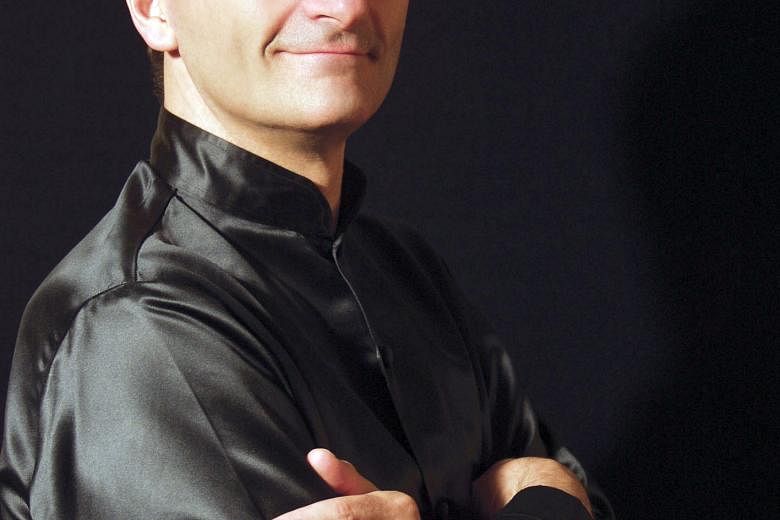Ludwig Van Beethoven has been widely considered as one of the most revolutionary composers, with his music breaking free of the stifling shackles of rigid form, leading to a new era of music; where music is seen not as just an aristocratic luxury, but a medium through which human emotions and experiences are channelled.
In the second concert of the Singapore Symphony Orchestra's complete cycle of the German composer's piano concertos, the pairing of his first concerto with his fourth was an astute one.
Composed about 10 years apart, the two works were stylistically worlds apart, yet hints of his frustration with the regimental structure of the classical era were evident in his concerto No. 1 In C Major Op. 15.
The concert opened with Luigi Cherubini's Overture to Anacreon, a spritely work if not overly imaginative. The Italian composer was considered by Beethoven as his greatest contemporary, yet his works were largely rubbished by the Parisian audience.
The fanfare-like introduction was boldly stated by the strings, with conductor Lan Shui handling the tricky dotted rhythms that littered the piece throughout with expert precision.
-
REVIEW / CONCERT
-
BEETHOVEN PIANO CONCERTOS: NO. 1 & 4
SINGAPORE SYMPHONY ORCHESTRA
Stephen Hough (piano)
Lan Shui (conductor)
Esplanade Concert Hall/Last Saturday
It was a pity that some intonation problems from the woodwinds and a single French horn player who seemed unable to manage his entrances cleanly marred an otherwise excellent account.
With British pianist Stephen Hough once again taking to the stage for the Beethoven piano concertos, the concert sprung to life. There is probably no other pianist in the world capable of injecting the amount of sparkle and joy into running notes the way he does and, with the first concerto filled to the rafters with runs after runs, the result was one of the most exciting and adrenaline-filled perfor- mances of the concerto ever heard.
With the outer movements taking an extroverted hue, the hymnal-like Largo second movement almost seemed like a glance into the future with moments that reflected upon his later style so evident in his fourth concerto.
Often viewed as his greatest piano concerto, the fourth concerto took the usual step of opening with a piano solo instead of orchestral tutti. Hough brought out the chordal introduction in a forthright manner and although a more translucent sheen might have been preferred, it was done with a clear view of bringing out the wit and monolithic qualities of Beethoven.
Both orchestra and soloist seemed to breathe as one, as duets and dialogues were passed seamlessly from one to another, and one could almost hear hearts breaking in the tragic slow movement.
The final concert next Thursday featuring Beethoven's Piano Concerto No. 3 In C Minor Op. 37 is keenly awaited.

